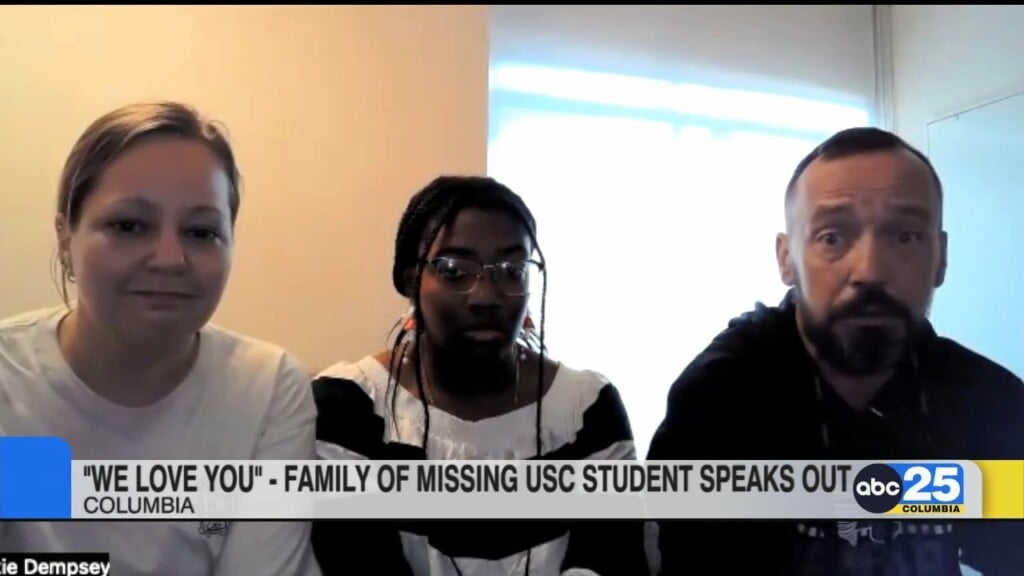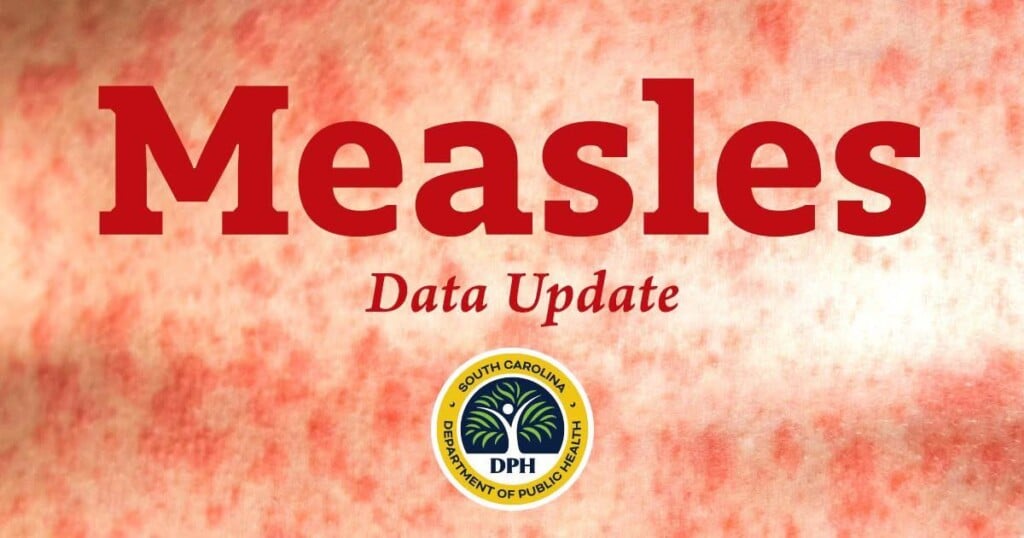“There’s still a lot of work to be done”: Officials react to growing number of opioid deaths
DAODAS says more than 1,000 people died from overdoses in South Carolina in 2018
COLUMBIA, S.C. (WOLO) —The number of opioid deaths across the state continues to rise.
The South Carolina Department of Alcohol and Other Drug Abuse Services (DAODAS) says more than 1,103 people died due to overdoses in 2018, with 816 involving opioids.
Some counties in the Midlands have seen growth in the number of deaths, but Richland County saw a decline. According to the Richland County Coroners Office, 71 people died from opioid-related deaths in 2019, down from 90 in 2017.
Even though the number of deaths in his county has gradually gone down over the last three years, Richland County Coroner Gary Watts says opioid deaths are something his department has to deal with on a regular basis.
“We’ve seen people under bridges and people in million dollar homes that are dying from overdoses,” Watts said.
Watts says his team sees as many as two opioid overdoses a week.
Meanwhile across the state, Ashley Bodiford of LRADAC, an organization that focuses on alcohol abuse and drug treatment, says the situation is much more dire.
“It’s safe to say that we are dealing with a public health epidemic, a public health emergency, and the impact is people are dying, families are suffering, which really is the greatest impact of all, so there’s still a lot of work to be done,” Bodiford said.
LRADAC has received several grants, including one for $50,000 back in November, to find ways to clear up some confusion people might have about opioid use.
“There’s a large misconception that opioids are prescribed that means they’re safe, but it’s being aware and being able to communicate that opioids are safe if they are taken as prescribed,” Bodifrod said.
Watts says a collaborative task force formed with law enforcement agencies four years ago has been effective at taking some of the suppliers off the streets, but he says it’s going to take the work of more people to make a difference.
“It’s not just a law enforcement problem, it’s our community’s problem. We all know someone that’s been addicted to pain medication. Some of us know people who have died because of that or they got involved with other drugs. It’s not just something that affects some in our community, it’s all of us who are affected by it,” Watts said.
Health experts say if someone is prescribed opioids, make sure they take the amount prescribed to them, or to consider alternative medication methods that aren’t as addictive.

